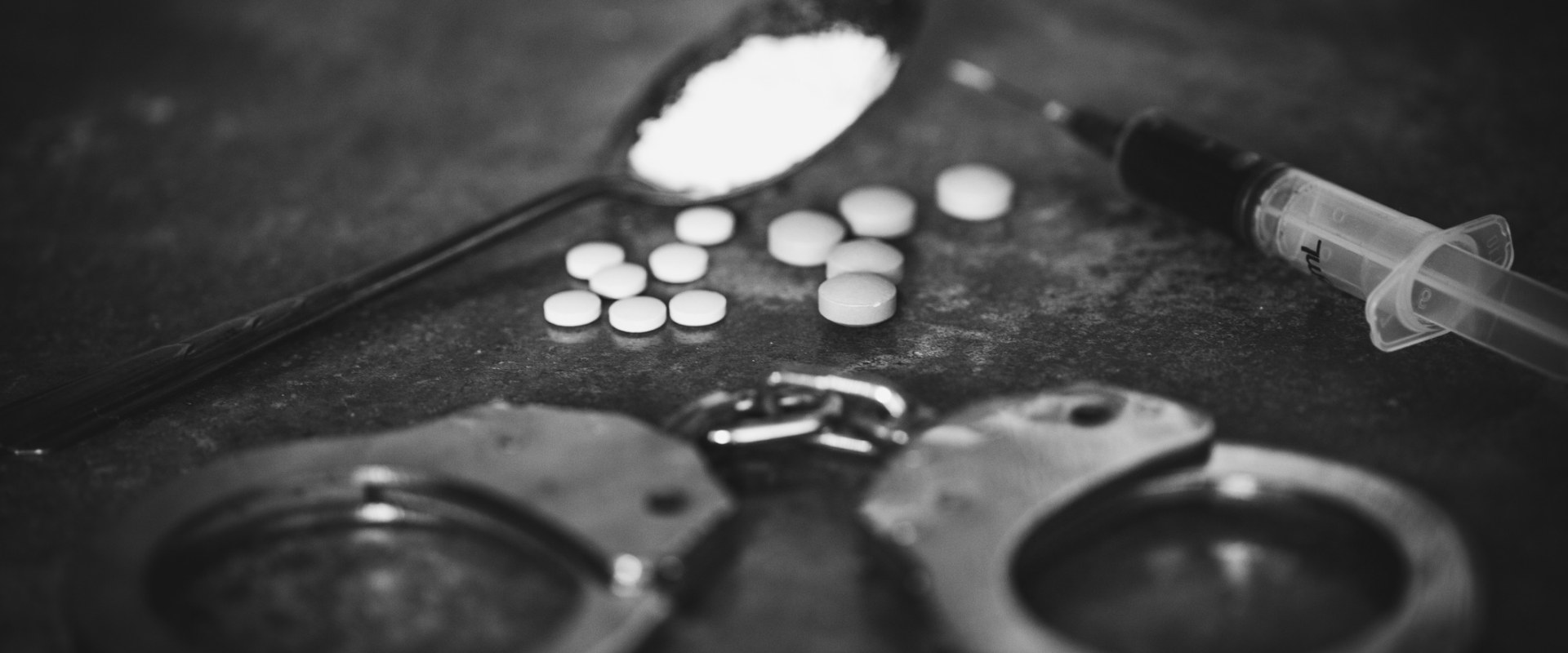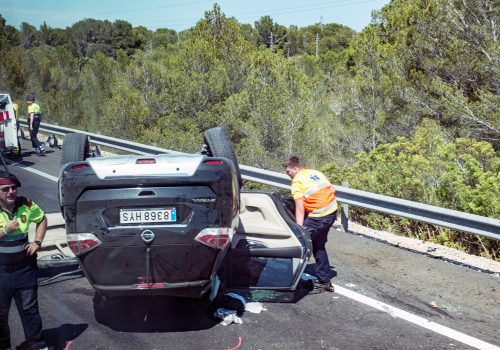It is a Class A misdemeanor with a possible penalty of up to 1 year in jail. Under the Federal Drug Paraphernalia Statute, it is illegal to possess, sell, and transport drug paraphernalia. While federal law has guidelines for what is and isn't drug paraphernalia, states have their own laws about what is drug paraphernalia and what isn't. Diversion programs, sometimes called deferred prosecution or pretrial intervention, are designed to give first-time offenders the opportunity to amend criminal activity without being convicted of a crime.
However, sections 220.71 and 220.74 of the New York Criminal Laws make possession of certain types of equipment used to make methamphetamine a felony. While most people think of drug paraphernalia as pipes and other devices used to use drugs, drug paraphernalia can be items used to plant marijuana, store marijuana, make methamphetamine or LSD, or any other type of illegal narcotics. Even if you are innocent of a drug-related crime, you may be convicted of possession of drug paraphernalia if you get a prosecutor who wants a conviction. An item that is considered user specific is something that is made for drug users to help them take or hide an illegal drug.
Evidence of your possession of drug paraphernalia may also be suppressed if the items were found as part of an unconstitutional search. What's important to remember is that drug paraphernalia and the ingredients used to make them are not drugs, but they are often treated as if they were by law enforcement officials. When you are charged with a crime related to drug paraphernalia, the prosecutor has a legal burden to prove that you have broken the law. Known as Good Samaritan laws, states enact such laws to encourage people to seek help (and potentially save lives) without fear of arrest or charge for possession of drugs or drug paraphernalia.
Another thing to keep in mind is that you can be charged with two crimes if you are discovered with a small amount of heroin or another drug. A wide variety of different equipment can be considered drug paraphernalia, including any item or product that is designed to be used in the manufacture of medicines; composing or converting narcotics; concealing drugs; processing or producing drugs for use; or injecting, ingesting, inhaling, or otherwise introducing substances controlled in the body. When deciding whether an object is drug paraphernalia, courts often consider different factors involved in the circumstances of the case. Not all prosecutors offer diversion, but for those who do, diversion programs and drug treatment courts can be beneficial to offenders who have substance use or addiction needs.
It's not uncommon for a person convicted of possession of paraphernalia to find it difficult to get a good job, get a loan, rent a house or apartment, and even get into a good university. Penalties for possession of drug paraphernalia can depend on many factors, including whether a New York prosecutor charged you with a state crime or whether you are facing federal criminal charges. If you are charged with possession of drug paraphernalia, you could be left with a criminal record that affects your future.




